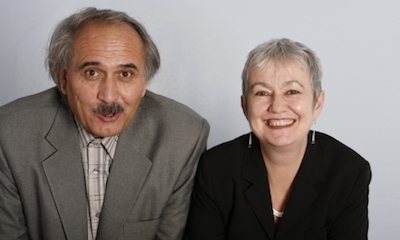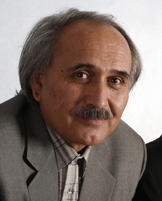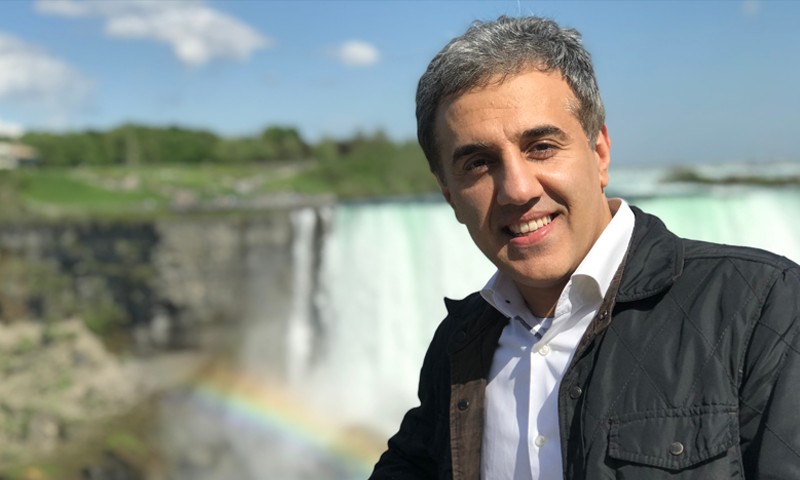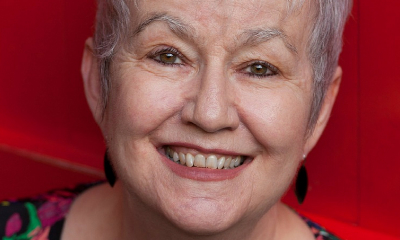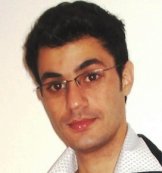
One night during the winter of 2004, I was at home in my apartment in 3rd Macroraion in Kabul when my mobile phone rang. A very long number, unknown to me, appeared on the screen. My first reaction was panic: could this be my landlord demanding I leave this apartment? Being homeless is an absolute disaster in Afghanistan, as I know from bitter experience….
Once when I was moving to yet another new house, as I wandered the backstreets of the Khairkhana area of Kabul, weighed down with my humble household goods, these words sprang into my mind:
My life is nothing more
than a small knapsack
that I cart around with me from door to door
One day I lost it
in the backstreets of the city
The many ordeals of moving home were some of the darkest days of my life. But I’m still here! Maybe I want to get torn apart in a suicide attack with my fellow citizens so we can celebrate the end of our miserable lives together! As the old proverb says, ‘A death with dear friend is indeed a celebration’….
My mobile rang for a second, third, fourth time, each call increasing my anxiety. I took a deep breath and answered my phone.
Much to my surprise, the voice I heard was that of a young woman with a sweet and tender voice, who spoke Persian with a very unique accent. She told me her my name was Choman and that she was ringing me from London. What on earth could this woman with a tender voice far away in London possibly want from me!
Choman told me she was ringing me on behalf of the Poetry Translation Centre – a sentence that thrilled me. She said, ‘The PTC is planning to invite six poets from Asia, Africa and Latin America in to the UK for a tour. They want to bring over one poet from Afghanistan and you are one of three Afghan poets whose work I’ve been asked to translate so we can get a sense of your poetry and decide whether it will be effective in English. If you’re chosen, you’ll be invited to take part in their World Poets’ Tour’. This was amazing news. Up until then, only a few of my poems had been translated into English, some of which had been published in small magazines in the US. But nothing like this had ever happened to me before!
As my readers in Dari know, I have been writing free verse for at least last two decades. I adopted this radical form not in order to make a point, but rather the poems themselves demanded to be written in this way. Poems arrive in my mind and I write them exactly as they appear. Each poet has their own particular way of creating poems. But for me the poems simply appear in me, and then I write them down with their specific form and contents. When the poem starts I have no idea where it might take me and where it might end. Once it is written and completed, I am overwhelmed by indescribable joy.
As requested by Choman, I sent her my poems. Many months passed without any message nor the sweet voice of Choman. And then, one day, I received a thrilling email from someone called Sarah Maguire. Sarah, I discovered, is the Director of The Poetry Translation Centre and is also a well-known poet; in 2007 she would publish her fourth collection of poems called The Pomegranates of Kandahar.
Sarah told me that she had translated my poems with a young Afghan friend called Yama Yari (together they had also translated Atiq Rahimi’s novel, A Thousand Rooms of Dream and Fear) Now that their translations were completed, Sarah said that she very much wished for me to join them in the UK for their first tour of international poets. This invitation was really exciting to me for two reasons. First, I would be returning to London, a city that I had visited once before, having spent two months there in the summer of 1999 at the invitation of the BBC. I still remember the voices of many people who urged me to claim asylum in the UK and not to return to my country. But I went back home and I lived in Afghanistan through its darkest days. And second, I was so excited to be participating in a poetry festival alongside five other remarkable poets: Al-Saddiq Al-Raddi from Sudan, Gagan Gill from India, Toeti Heraty from Indonesia, Coral Bracho from Mexico and Maxamed Xaashi Dhamac ‘Gaarriye’ from Somaliland. I was also very lucky indeed to meet the many famous British poets who had worked with translators to turn our poems into remarkable translations which were deeply appreciated by the excited audiences who greeted us.
As requested, I’d originally sent a selection of different poems to the PTC, most of which were written in unrhymed free verse, though a few were lyric poems in traditional form. All of these poems were written from my direct personal experience, far removed from any kind of abstraction. As a result, my poems and imagery were easy to translate into English.
In the end, Sarah and Yama selected twelve poems of mine to be translated for the tour in 2005. And then, in 2008, the PTC published a set of ten chapbooks to coincide with their second World Poets’ Tour, one of which featured my poems in both English and Dari. My chapbook includes the poem, ‘Beauty’, which is written in free verse.
I wrote ‘Beauty’ in the summer of 1994 in Kabul. It first appeared in my collection, A Big Picture in a Small Mirror, which was published in Peshawar in Pakistan. And later on, after adding this sentence, ‘Who, at dusk, will bathe in the clear springs of heaven, beneath the parasol of the moon…’ I republished ‘Beauty’ it in another collection called The Leaden Moments of Execution. In 2005, The Bloody Mouth of Freedom, a volume of new and selected poems, was published in Iran by Urfan; this too included ‘Beauty’.
I’m fortunate in that some leading Afghan writers such as Latif Nazimi and Alem Labib (of Kabul University) have written about ‘Beauty’; Ustad Labib’s article was published in Chaoosh magazine in Peshawar. So far this poem has been published on a number of Afghan websites outside of the country as well as by many local presses in Afghanistan.
When I first wrote ‘Beauty’ in 1994 I wanted very much to publish it with a dedication to Farida Osman Anwari. As a young man, I grew up listening to the Zamzama Haie Shabhangam (Poetry Recital at Night) programme on the radio which was presented by Farida Osman Anwari. Her beautiful voice stimulated my poetic imagination and my interest in poetry. She recited the poems in a remarkably sensitive way which had a significant impact on my poetic achievement. And so ‘Beauty’ was inspired by her voice. But when I published the poem, I didn’t dare mention her name because I was afraid that, given the terrible times we lived though then, this dedication might upset her or even cause her problems. But now I would like to dedicate ‘Beauty’ to Farida Osman Anwari, the poem’s true inspiration.
Partaw Naderi
Kabul City
February 2011
Translated by Moheb Mudessir, edited by Sarah Maguire

